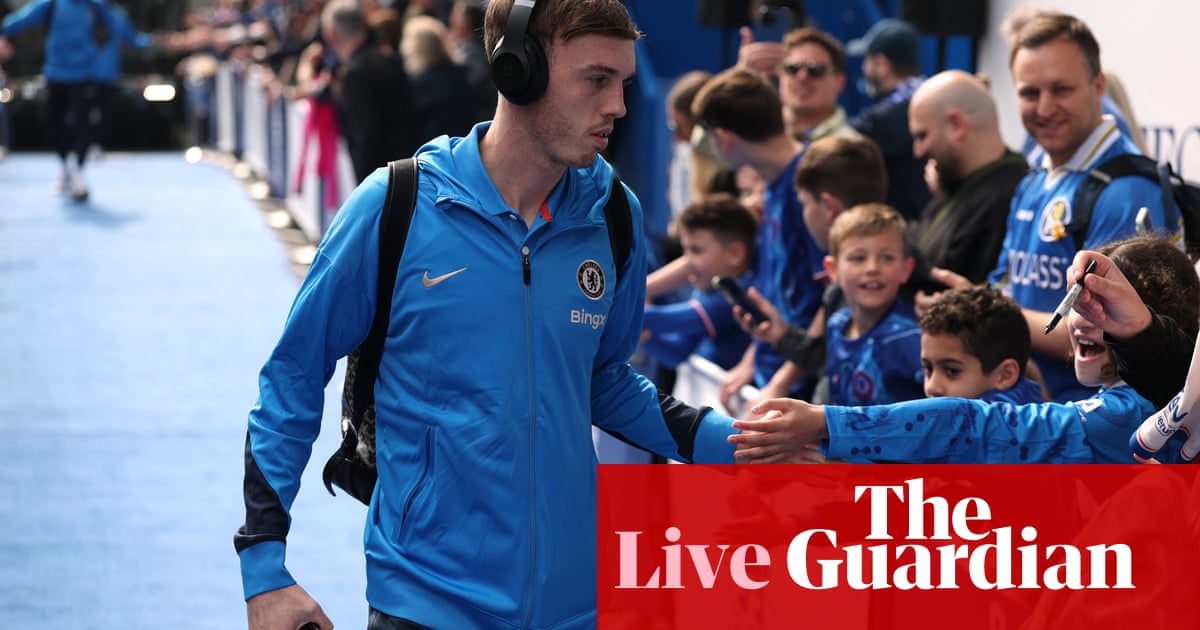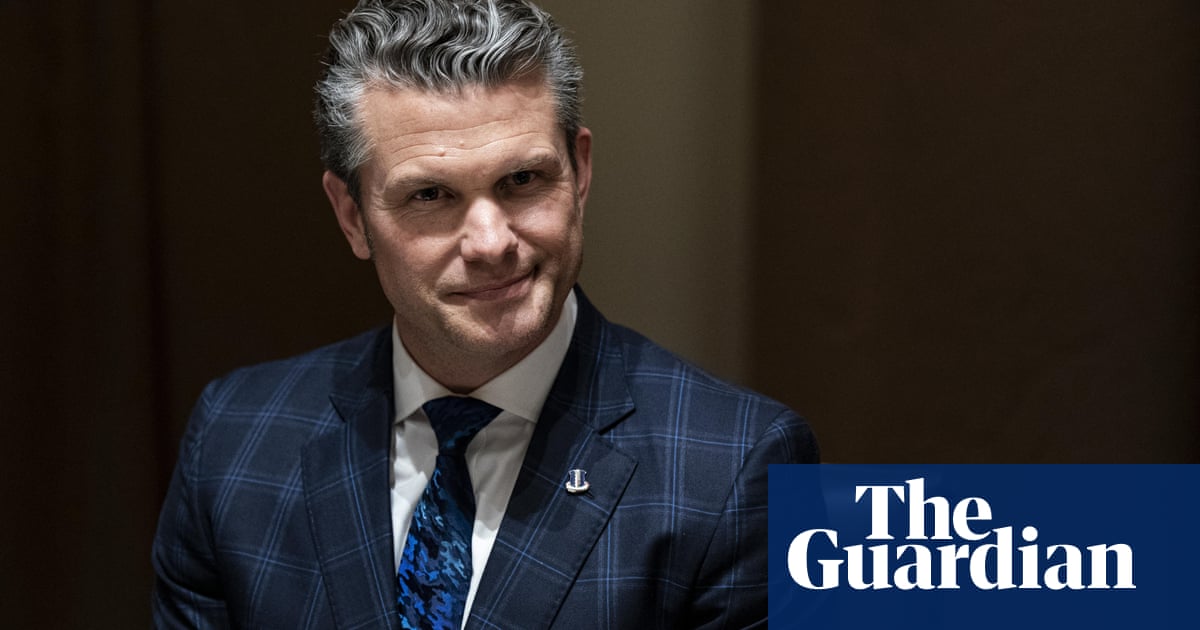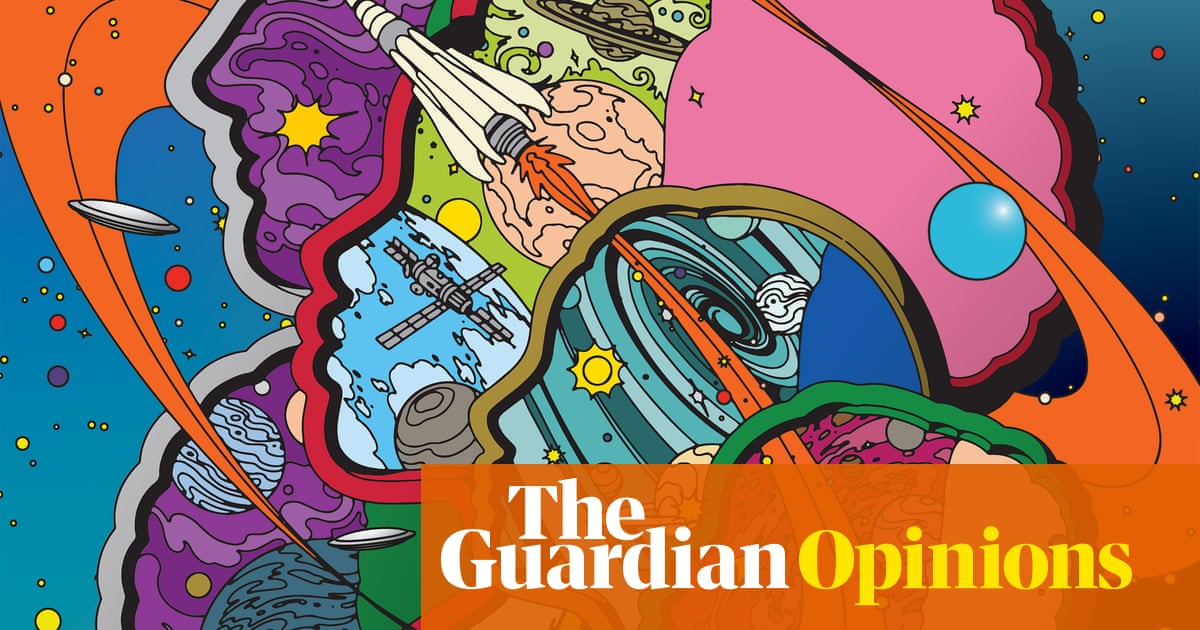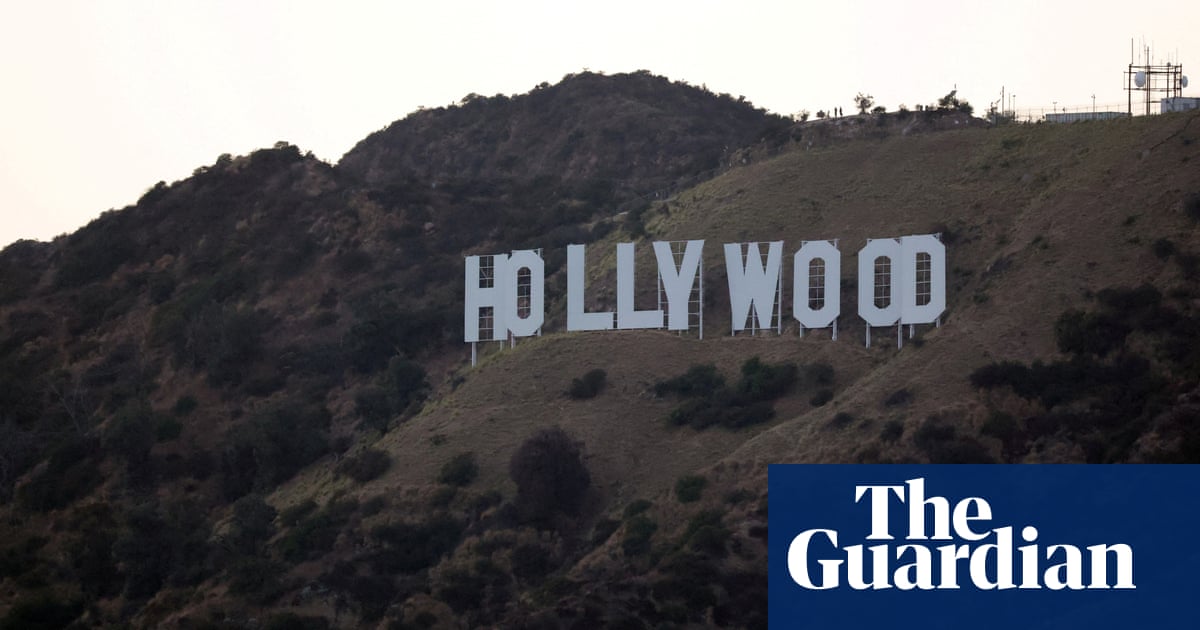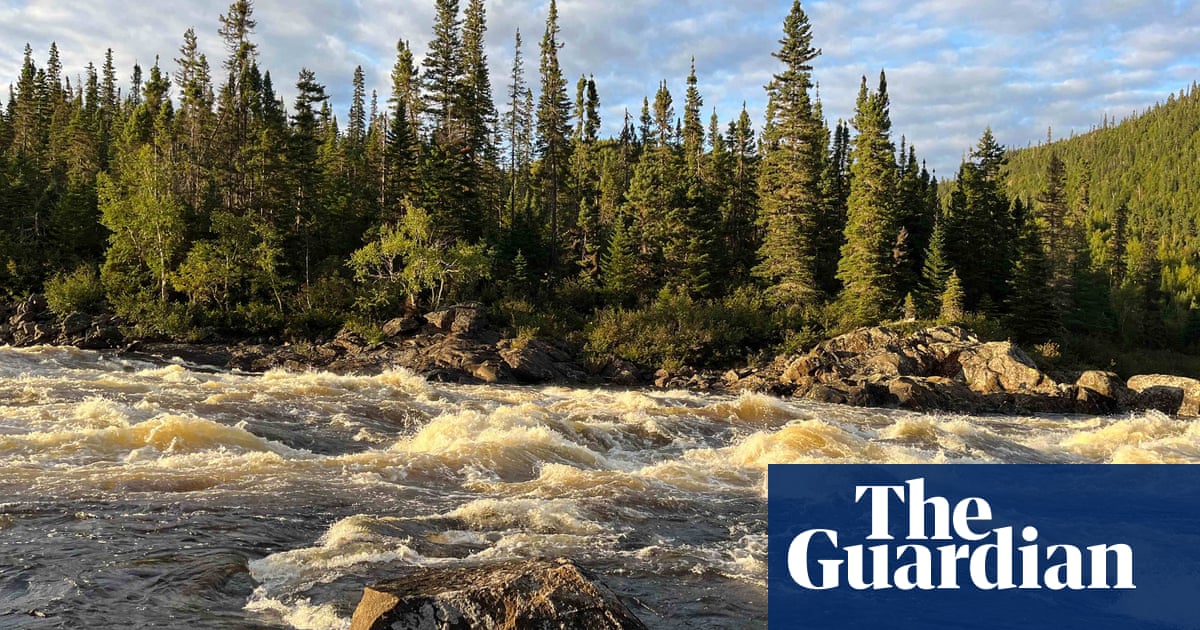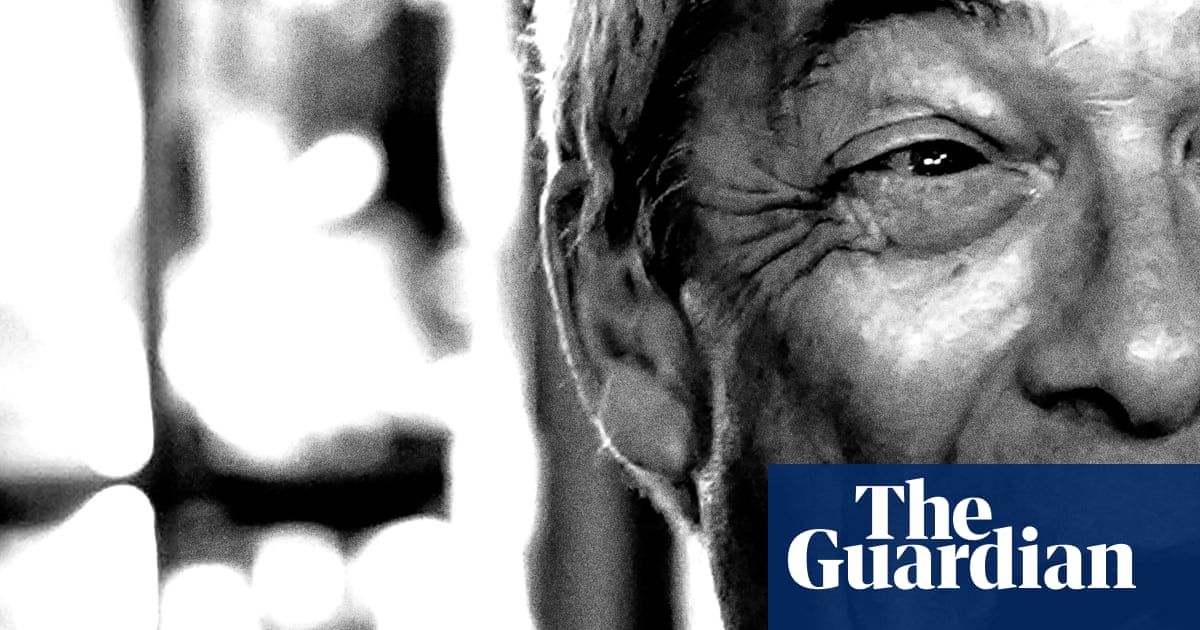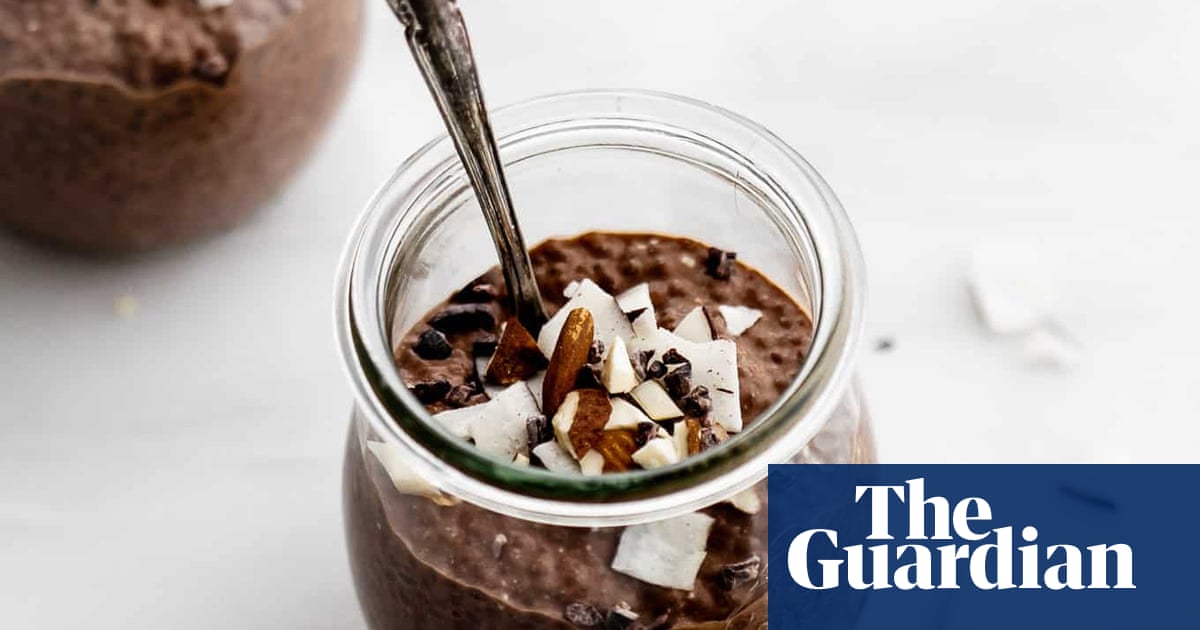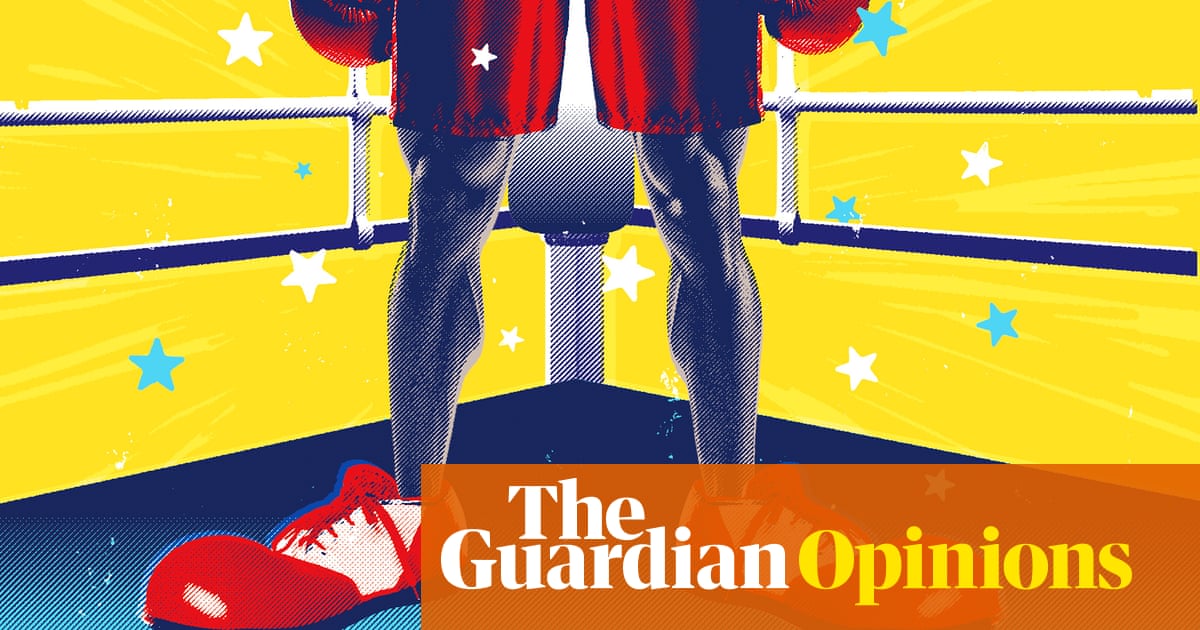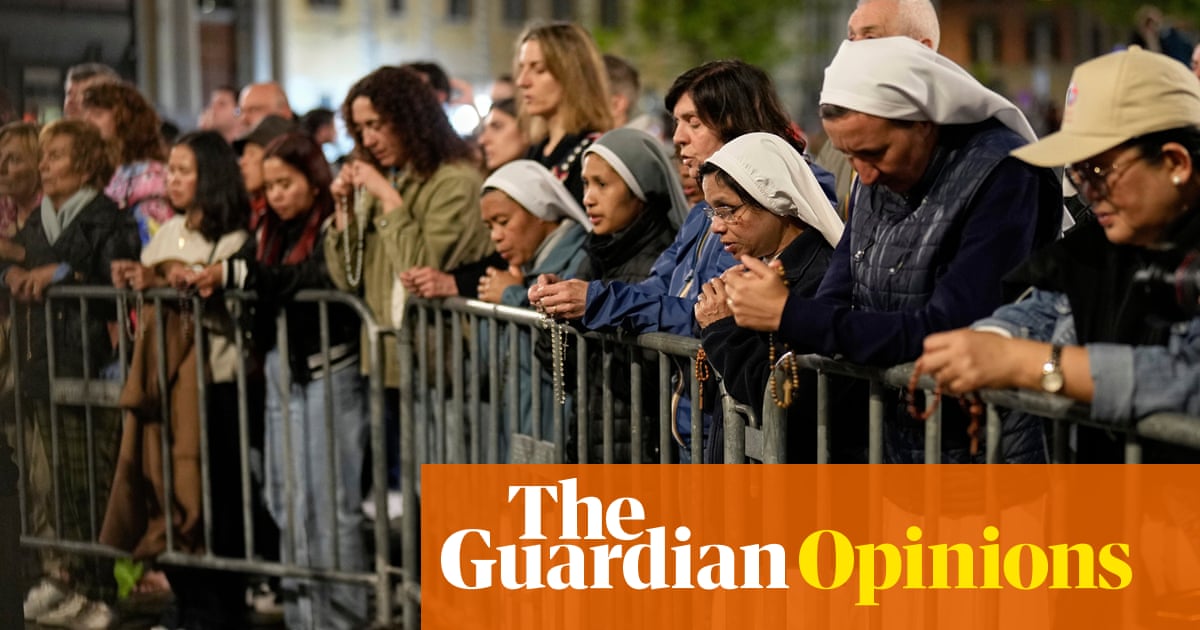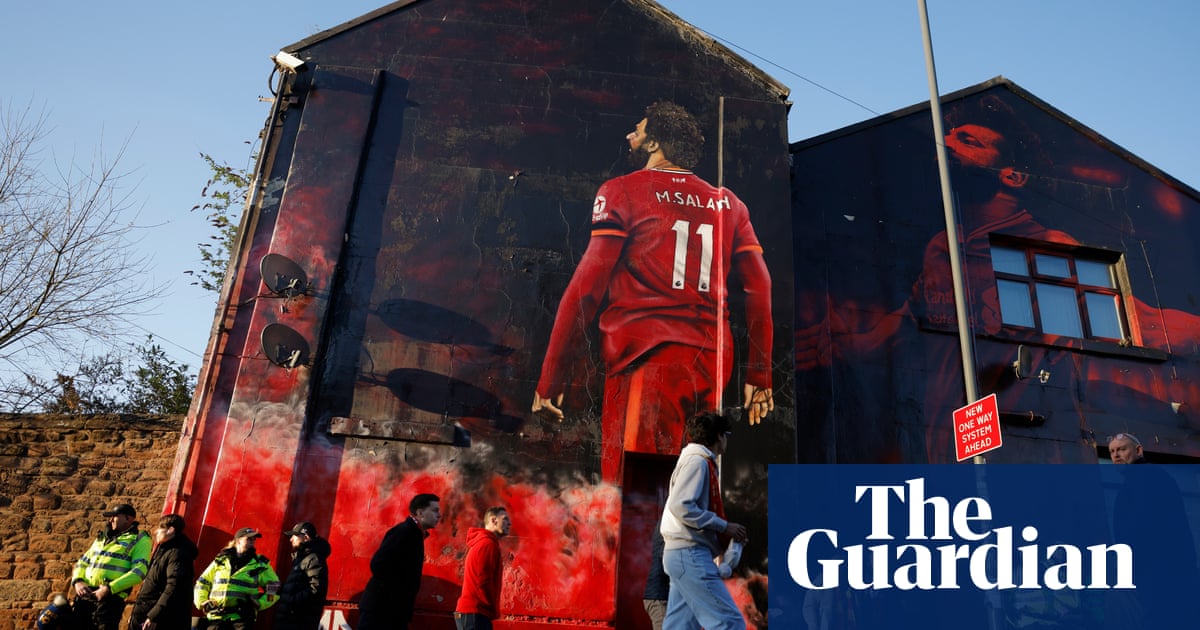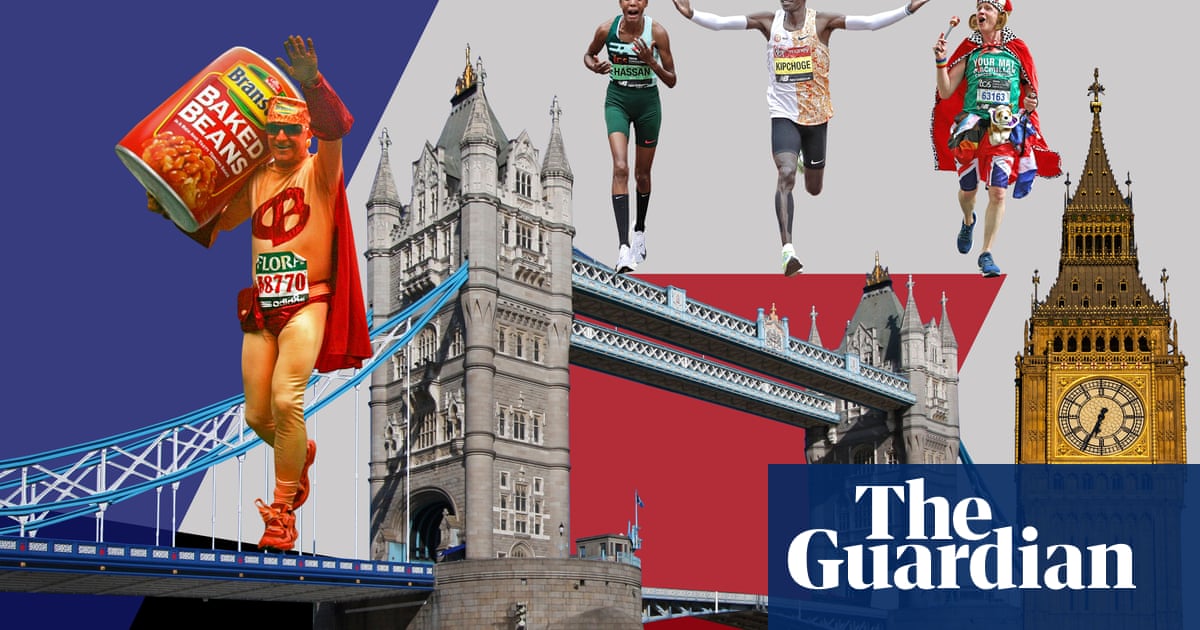Hang on – the Rachel in Rachel’s Farm is Rachel Ward?! By heavens, it is! She was the star of the 1983 cassock-ripper The Thorn Birds, which united several countries in pursuit of the question of whether her young, wild Meggie – in the Australian outback to help her aunt run a sheep station – would persuade the local priest (played by 1983’s Richard Chamberlain) to forsake his calling for earthly pleasures. Well, Ward has now forsaken acting for literal earthly pleasures and become a regenerative farmer.
This charming and inspiring (if slightly rambling) 90-minute film takes us to the smallholding she and her husband, Bryan Brown (yes, him from The Thorn Birds, too! They met on set and have been together ever since!), have used for decades as a holiday escape from their lives in Sydney. It follows their efforts to make the farm ecologically sustainable. She is clearly the driving force, while Brown is happy to go along with everything. “I’m totally supportive,” he says with an easy grin from an easy chair on the porch. “As long as it doesn’t cost me a bundle.”
Fortunately for Ward, she has a more passionate ally in the form of her neighbouring farmer, Mick Green Jr. Mick Green Sr used to be Ward’s farm manager and is sceptical of the two youngsters’ plans to do without herbicides, pesticides and all the industrialised rest of it in their attempt to restore self‑sustaining harmony to the land. But Ward is consumed by existential dread of the climate crisis and fear for her grandchild’s future. Mick Jr crumbles the baked, dead soil in his hand and knows there has to be a better way.

Much of the film – possibly too much, compellingly earnest and ardent though she is – is spent listening to Ward talk about the issues involved and the next stages required to address them. First, she and Mick Jr merge herds and farms and learn that it’s better to move cattle around than let them graze one area to nubbins then bring it back to life with chemicals. She goes on a holistic management course and engages various experts to teach her about improving soil quality, water retention and best natural practices of all kinds.
At times, this makes the film feel static. The director George Roy Hill once said: “Audiences love how-to,” and they do, but more specifically they love to see how-to. While this programme is no doubt an accurate reflection of how much genuine change can be made in the first year or two of an agricultural overhaul – especially when interrupted by the worst fire season on record, followed by floods – it leaves the viewer feeling short-changed.
When they have to let go Mick Jr’s best friend and vastly knowledgable right-hand man, Normie, because the farm goes too far into the red, Ward has no choice but to step up. Yet this, too, is narratively underwhelming. The spirit is willing but chaotic and the flesh is weaker than either Normie’s or Mick Jr’s; we do not get the underdog triumph we have been taught to expect. Again, it is probably more accurate, but it’s another dying fall.
Nevertheless, the message comes through loud and clear: modern agricultural practice is up there with fossil fuels in term of how much damage it does to the world. It shows there is much to be gained from relearning the old ways – Ward brings in Indigenous consultants, too – and working with nature instead of nearly destroying then resuscitating it with ever-diminishing returns.
Underneath the story of the farm, there is a darker, more painful story about Ward. Her daughter Matilda is reduced to tears when she remembers how low her mother became when she was first consumed with fears of the climate crisis; she says how glad she is that Ward has found something to do that satisfies her need for action.
Refreshingly, though, this stays in the background, so that her optimism, her energy and the knowledge she gathers can be placed front and centre, alongside the change she and an increasingly stoical Mick Jr, watching as Ward does in hours what he could probably do in minutes, bring about. She radiates hope that, while not all of us have a farm to transform, we can yet save ourselves.

.png) 2 months ago
31
2 months ago
31

